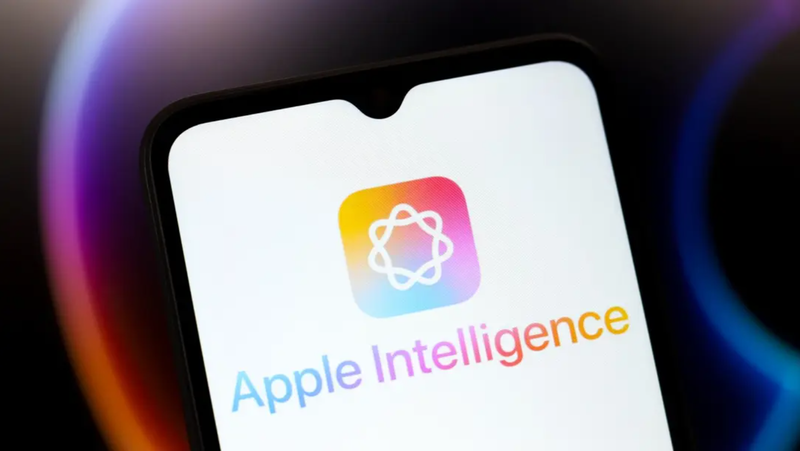US Issues First-Ever Space Junk Violation
The Federal Communications Commission (FCC) announced a “breakthrough settlement” with Dish Network Monday as it imposed its first penalty related to space debris. As part of the agreement, Dish admitted liability for failing to properly dispose of its EchoStar-7 broadcast communications sate...

Facts
- The Federal Communications Commission (FCC) announced a “breakthrough settlement” with Dish Network Monday as it imposed its first penalty related to space debris. As part of the agreement, Dish admitted liability for failing to properly dispose of its EchoStar-7 broadcast communications satellite.1
- The Colorado-based television company had to pay a $150K fine for leaving one of its retired satellites floating too low in space. NASA recommends disposing of so-called “space junk” by either letting a craft run out of fuel and fall back to Earth or pushing it further into space.2
- However, Dish disposed of its satellite at an orbit “well below the elevation required by the terms of its license,” according to the FCC. Dish first launched the EchoStar-7 into geostationary orbit — which begins 22K miles above the Earth's equator — in 2002.3
- The company agreed to move it 186 miles further from Earth but only moved it 76 miles when it retired the satellite in 2022.4
- Regulators have become increasingly concerned with space debris as an estimated 700K pieces of space junk larger than 0.4 inch float in Earth’s orbit. The satellite industry has largely been self-regulated, but the FCC has decided to weigh in as the objects risk colliding with other entities in space.5
- In 2022, the FCC implemented a rule requiring satellite operators to dispose of their crafts within five years of a project's end.6
Sources: 1CNBC, 2CBS, 3USA Today, 4BBC News, 5CNN and 6Guardian.
Narratives
- Narrative A, as provided by Wired. The FCC has taken bold action and is at the forefront of space protection and regulation. While pieces of garbage in space don’t seem as pressing of a threat as climate change and garbage on Earth’s surface, space junk could have serious repercussions in the future, and the FCC has taken strong leadership to regulate this problem before it gets out of hand.
- Narrative B, as provided by Scientific American. The FCC’s rules regarding the disposal of defunct satellites may have come too late, and it's clear the toothless regulator waited too long to act. Space exploration started nearly seven decades ago, yet it took until 2022 for the government agency to step into this wild, wild west, as companies were able to leave their old and useless satellites floating in space without any repercussions for years.






